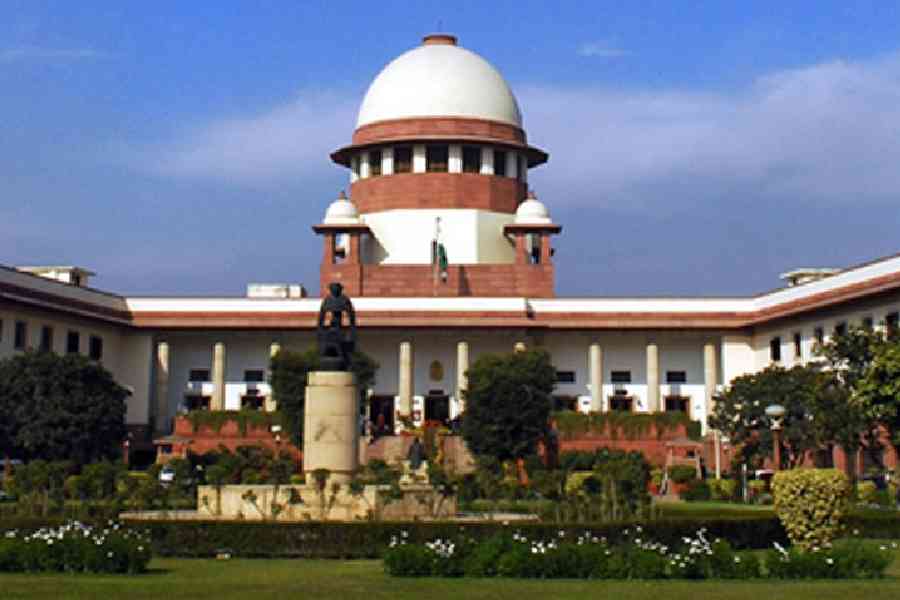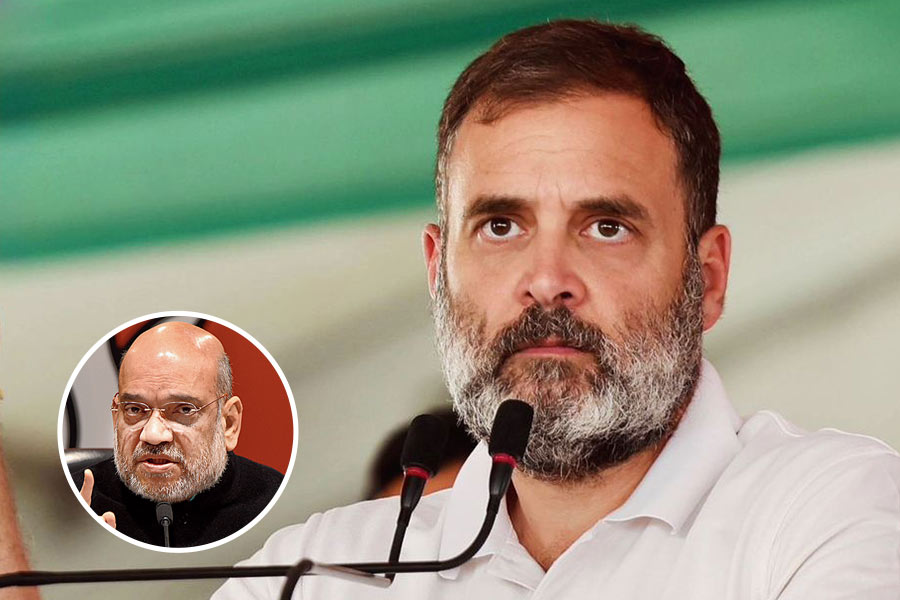The Supreme Court has ruled that an accused facing prosecution under the Prevention of Money Laundering Act, 2002 can’t be granted bail on the ground that a chargesheet has been filed in a predicate offence.
A predicate offence is a crime that is a component of a larger and more serious crime.
A bench of Justice M.R. Shah and Justice C.T. Ravi Kumar passed the ruling while setting aside a Telangana High Court order granting bail to one Aditya Tripathi in March 2021 in a case registered by the Enforcement Directorate in connection with an alleged fraud amounting to Rs 1,769 crore at the Madhya Pradesh Water Corporation.
The apex court directed Tripathi to surrender within a week to face prosecution under PMLA.
Under the Code of Criminal Procedure (CRPC), an accused is normally entitled to bail once the investigating agency files a chargesheet before the competent court.
“From the impugned judgment(s) and order(s) passed by the High Court, it appears that what is weighed with the High Court is that a chargesheet has been filed against respective respondent No. 1 accused and therefore, the investigation is completed. However, the High Court has failed to notice and appreciate that the investigation with respect to the scheduled offences under the PML Act, 2002 by theEnforcement Directorate is still going on,” Justice Shah, who authored the judgment, said.
“Merely because, for the predicated offences, the chargesheet might have been filed it cannot be a ground to release the accused on bail in connection with the scheduled offences under the PML Act, 2002.
“Investigation for the predicated offences and the investigation by the Enforcement Directorate for the scheduled offences under the PML Act are different and distinct.”










